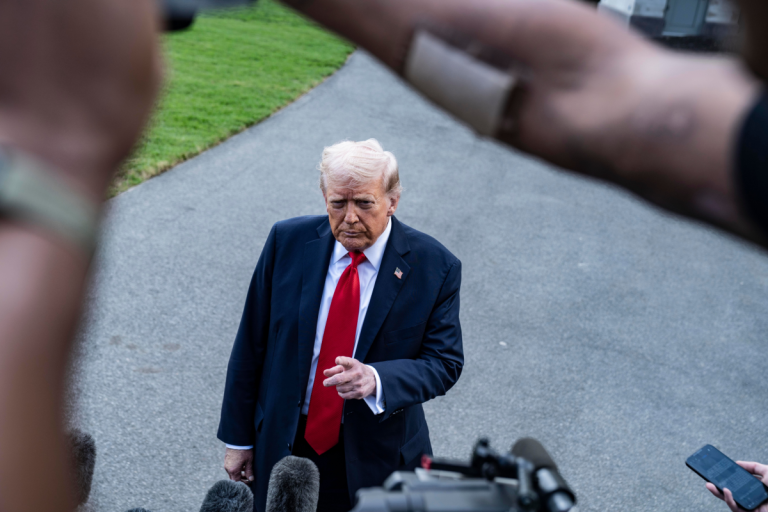Federal Troop Activations Target Democratic-Led Cities
In his second term, President Donald Trump has dramatically escalated the domestic use of the National Guard, ordering or suggesting deployments to nearly a dozen U.S. cities—most governed by Democrats. The administration argues that the moves are necessary to curb crime, control protests, and protect federal facilities. Critics, however, describe the actions as an unprecedented overreach of executive power that undermines state authority and local governance.
Since August, the White House and Pentagon have authorized deployments in Illinois, Oregon, California, Tennessee, and Washington, D.C., while signaling potential action in several more cities. The rapid mobilization has sparked a wave of lawsuits and constitutional challenges as states and municipalities push back against what they call unlawful federal interference.
Illinois Challenges Troop Deployment to Chicago
The most high-profile clash has unfolded in Illinois, where Defense Secretary Pete Hegseth mobilized 300 Illinois National Guard members and 200 from Texas to protect ICE facilities in Chicago. Governor JB Pritzker and Mayor Brandon Johnson sued the administration, alleging federal overreach. On Thursday, a federal judge temporarily blocked the deployment for 14 days, but the Trump administration quickly appealed. A federal appeals court later ruled that while the Guard may be federalized, deployment must pause pending further review.
President Trump has used social media to attack Illinois leaders, suggesting they “should be in jail” for failing to protect federal agents. The dispute underscores the growing tension between federal authority and state sovereignty in law enforcement.
Legal Pushback in Oregon and Beyond
In Oregon, 200 National Guard troops were activated in late September to respond to protests near an ICE facility in Portland. State officials, including Governor Tina Kotek, described the deployment as unnecessary and politically motivated. U.S. District Judge Karin J. Immergut agreed, issuing a temporary restraining order after finding the protests “largely sedate.” California Governor Gavin Newsom later joined Oregon’s lawsuit after reports that federalized California Guard members were being sent north to assist.
The 9th Circuit Court of Appeals heard arguments last week but has yet to issue a ruling. Similar disputes are unfolding in California, where the state is suing over Trump’s June decision to deploy 4,000 National Guard troops and 700 Marines to Los Angeles amid immigration protests. Roughly 100 Guard members remain under federal orders in the state.
Mixed Reactions from States
Not all governors have resisted. Tennessee’s Republican Governor Bill Lee welcomed a federal task force in Memphis that includes National Guard support roles, citing the city’s crime challenges. In Washington, D.C., Trump declared a “crime emergency” in August, placing 2,200 Guard troops on city streets and temporarily taking control of the Metropolitan Police Department—despite data showing violent crime had fallen to a 30-year low. The D.C. government has filed a lawsuit seeking to end the occupation.
Meanwhile, Republican governors in Louisiana and Missouri have requested or supported smaller troop activations to assist federal agencies such as ICE, highlighting partisan divides in how states are responding to Trump’s expanded use of military authority within U.S. borders.
Political and Legal Implications
Legal experts warn that the current standoff could redefine the limits of federal power under the Insurrection Act and related statutes governing National Guard deployment. Civil liberties groups argue that Trump’s actions set a dangerous precedent for using the military in civilian law enforcement. Supporters, however, contend that the federal government has a duty to intervene when local authorities “fail to maintain order.”
With lawsuits pending in multiple jurisdictions and new deployments under consideration in cities such as New York, Baltimore, and San Francisco, the battle over the National Guard’s role in domestic affairs is poised to become one of the defining constitutional confrontations of Trump’s second term.


